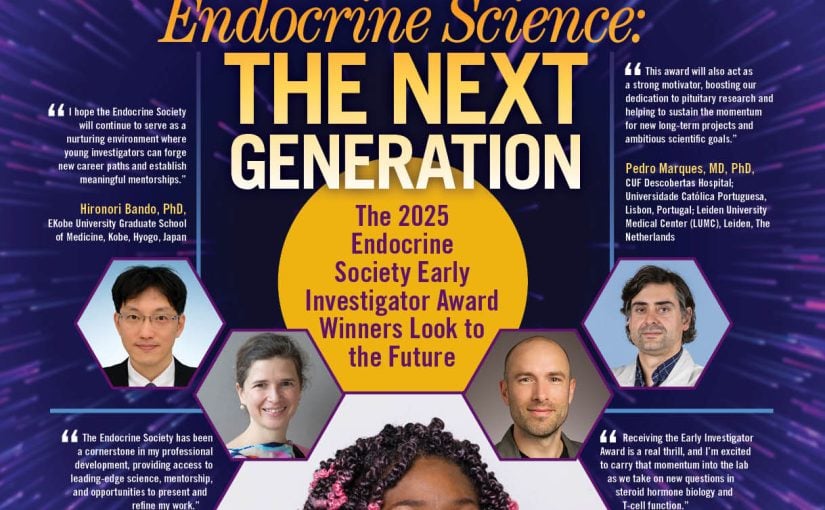At a time when we are overwhelmed by all kinds of misinformation about our diet, and one nutritional fad follows another at an incredibly fast pace, The Healthiest Diet for You: Scientific Aspects focuses on the latest scientific data regarding nutrition, metabolism, exercise, and genetics, which are the key components of personalized nutrition and healthy living.
The author, Dr. Artemis Simopoulos is a renowned scientist who has excelled in research on nutrition, as well as in writing books on the same subject, offering guaranteed knowledge and brilliant writing. Her book places particular emphasis on the evolutionary history of our species’ diet and exercise, and the need to adapt our diets to be consistent with the way our genes have adapted over our evolutionary past.
With the recent industrial and technological revolution of the last 300 years, food production has increased even more, and relatively cheap, over-processed, chemically preserved, and palatable foods have been added, for which, unfortunately, our genetic make-up has not had time to adapt.
The Healthiest Diet for You: Scientific Aspects is an antidote to the over-processed and “mimic” foods of our time, which have been shown to have inflammatory and toxic effects on our bodies and have been associated with an increased risk of developing the so-called “chronic non-communicable diseases,” which afflict a large percentage of the population, accelerate the aging process, shorten the duration of healthy life, and bring about earlier death. These are the psychiatric (anxiety, depression), psychosomatic, cardio-metabolic, autoimmune, allergic, and neoplastic diseases. It is a book about our mental and physical health that gives readers basic, accurate information, based on scientific data necessary to understand the enormous importance of diet and various nutrients, as well as of moderate exercise, to health, well-being and healthy longevity.
The book has five sections that systematically analyze: a.) the evolutionary course of nutrition in humans, the advantages of the Paleolithic and Mediterranean diets and the toxicity of over-processed and mimic foods; b.) the great importance of the nutritional ratio of ω6: ω3 lipids and the value of knowing specific genes for choosing the most suitable diet; c.) the much discussed but still enigmatic importance of the human gastrointestinal microbiome in health and disease, the problem of the now pandemic obesity and its co-morbidities, and the sought-after healthy aging; d.) the evolutionary course of exercise in man, the “super healthy” diet of Crete and the latest American dietary guidelines; and e.) what one should pay attention to and what one can do about one’s diet under the present conditions, within the general framework of a healthy life.
We know that our species has been evolving over the last 1.7 to 2 million years, with parallel genetic and cultural changes, the latter accelerating the former exponentially. There has been an extraordinary acceleration of evolution over the last 10,000 to 12,000 years with the arrival and progress of the agricultural revolution. Most of our evolution, therefore, was spent as “hunter-gatherers” during the so-called Palaeolithic era. There was a great change in our diet with the arrival of agriculture, which gradually spread and allowed our population to increase enormously during the so-called Neolithic era.
The approach to the pandemic of obesity and cardiometabolic syndrome with dietary schemes of the intermittent fasting type, have given good preliminary results, probably because they resemble the Paleolithic diet.
With the recent industrial and technological revolution of the last 300 years, food production has increased even more, and relatively cheap, over-processed, chemically preserved, and palatable foods have been added, for which, unfortunately, our genetic make-up has not had time to adapt. The latter have led to a huge problem of chronic calorie gluttony, and together with the diminished need for motion and the increased chronic psycho-socio-economic stress of modern life, they participate in the genesis of the chronic non-communicable diseases, which represent the main psychosomatic morbidity of our time; they afflict us, and in the end they kill us.
The author discusses important issues beyond the quality of food and nutrients, the importance of exercise, and the compatibility of modern life with our genetics. She raises important questions concerning the number, quantity, and circadian distribution of daily meals and whether these are consistent with human physiology as it has changed over the evolutionary course of our species. For example, the approach to the pandemic of obesity and cardiometabolic syndrome with dietary schemes of the intermittent fasting type, have given good preliminary results, probably because they resemble the Paleolithic diet.
The Healthiest Diet for You: Scientific Aspects is addressed to an educated public, such as teachers, doctors and other health professionals, healthcare students, public health experts, epidemiologists, and even historians, but of course also to those who determine and make policy decisions concerning the diet of a population, and to those who are involved in the administration of the healthcare system. Of course, I highly recommend this book with great enthusiasm.
The Healthiest Diet for You: Scientific Aspects is available free online, or sold in print for $82.34. Here is the link to download the book electronically or purchase the print version.

Chrousos is professor emeritus of pediatrics and endocrinology at National and Kapodistrian University of Athens (NKUA) School of Medicine in Athens, Greece. He also is the UNESCO Chair on Adolescent Health Care and the director of the University Research Institute on Maternal and Child Health and Precision Medicine, both at the NKUA School of Medicine. He also received the 2023 Transatlantic Alliance Award jointly presented by the Endocrine Society and the European Society of Endocrinology. Read more about Chrousos’ career and accomplishments here.

